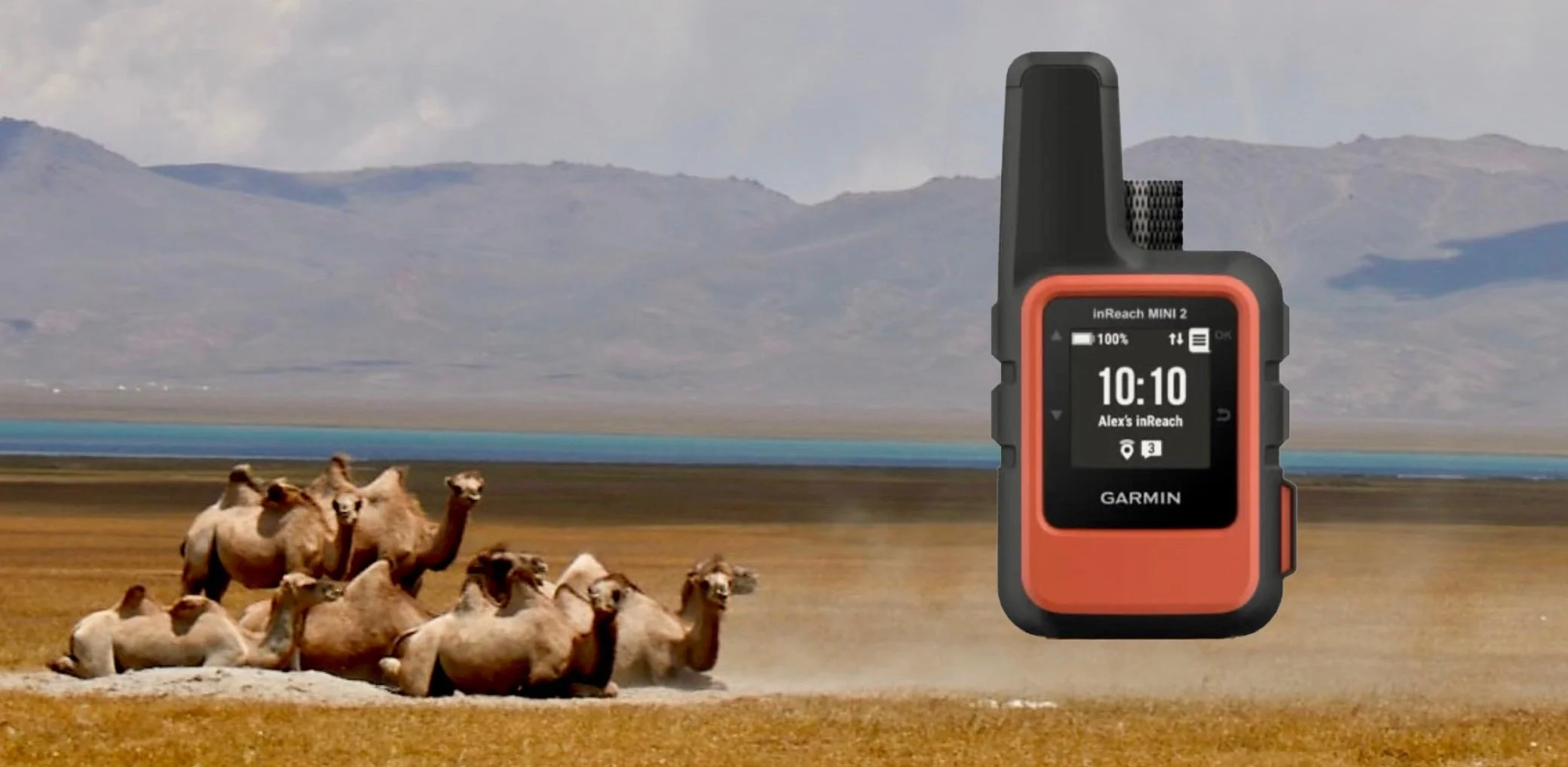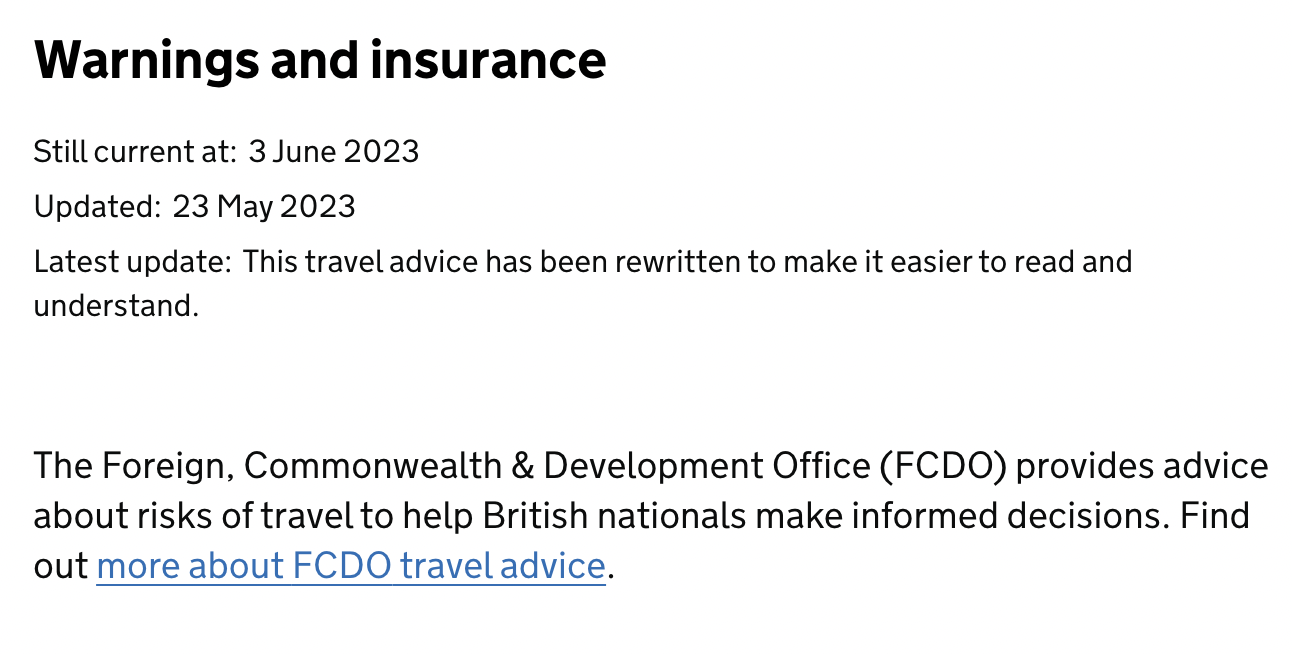RIDING SAFARI TRAVEL INSURANCE
This article is intended to help guide you to the appropriate level of cover to join a Black Saddle Safari. Every rider has a unique set of circumstances (age, pre-existing health conditions, country of residence, safari destination) and you must make sure that you speak with your provider to ensure your policy will protect you for all elements of your holiday. Accidents are rare but you must be prepared for them.
Imagine you are riding in the mountains on your dream safari. The worst happens when you are out of cell reception. The guide presses the SOS button on their satellite phone and the emergency responder asks who is injured. A helicopter is organised, but before they fly out to save you, they want approval from your insurer that they will be paid. You freeze as you realise you never got around to taking out that insurance…
Every rider on any of our rides MUST have travel insurance that covers you for medical expenses abroad and repatriation (the cost of getting you home). Your cover must include horse riding as an activity. You may need safari cover specifically. If riding in the mountains you should also consider the height at which you are riding. Some policies only insure you for search and rescue up to 3000 meters.
Once you’re there, it’s too late. We will ask for your insurance details before you leave so it should never get to this point. Being under-insured is almost as bad as no insurance at all. The best thing you can do is spend £30 to £100 on the right policy before you leave and give yourself peace of mind.
Here is our checklist to ensure that you can ride with our operators:
Medical Cover up to £1,000,000 to cover any Search & Rescue and medical costs
Repatriation Cover up to £50,000 to get you back to your home country
Policy covers horse riding
Policy covers your destination country
Policy covers any other dangerous activities (wildlife safaris (walking, riding or game drives), ATVing, rock-climbing, hot air ballooning, sailing, etc)
Policy covers your preexisting medical conditions
You should check that the cancellation cover of your policy is enough to refund you for the cost of your safari and flights.
To check, search your policy document to ensure all the elements above (horse riding, destination, hiking at altitude) are covered. If you can’t find them mentioned, or you’re not sure, we recommend you obtain clarification in writing via email from the insurer.
Note: Your local health and medical insurance will not cover you horse riding in a foreign country. The insurance you get automatically with your credit card likely may not cover you sufficiently.
If you travel often consider taking out an annual plan that covers travel globally. This can be cheaper and less of administrative burden than taking out cover for each trip.
WHEN YOUR INSURANCE MAY BE INVALIDATED
Even when your policy suitably covers you for entire holiday where are circumstances there your insurance may be invalid, most commonly when there is a civil or natural emergency in your destination country and your government recommends against all travel to that country or even just the part of that country that you are travelling to. In the UK this advice is issued by the Foreign, Commonwealth and Development Office (FCDO).
Example advice for Afghanistan and Argentina as at 3 June 2023 is below:
As the FCDO has advised against all travel to Afghanistan: your insurance would be invalid.
If you choose not to wear a helmet while riding your insurance may be invalidated. Check your policy to make sure they will still cover you in the case you don’t wear a helmet before you leave it at home.
INSURANCE PROVIDERS
We are not affiliated with these providers nor do we recommend their cover for you. You will need to do your own due diligence. It is usually more cost effective to take out insurance with a company based in the country in which you are resident.
These providers will also cover you for trip cancellation, delay, lost baggage etc in addition to providing travel medical cover as standard. Some providers do not, especially in the USA. We require travel medical insurance but we also highly recommend you take out cancellation insurance as some ride operators have no-refund deposit policy and all rides become non-refundable 60 days before departure. Travel cancellation insurance is inexpensive for the amount of peace of mind it will give you.
On behalf of the ride operator, we require you to share the name and emergency number of your insurance provider and your policy number. In some cases the ride operator will request your insurance certificate and policy document.
At the end of the day this is all in your best interest and if the worse happens, the ride operator and we as your booking agent, will do what we can to get you home safely. Help us out by sharing your insurance information before you leave on safari.
ADDITIONAL PROTECTION
Inform your emergency contact of your plans: We suggest you also share Black Saddle’s WhatsApp number, a link to the ride webpage with the itinerary, and the name of the Ride Operator of the safari you are on with the emergency contact you listed in your rider form. The ride operator name can be found on the ride webpage and on your invoice. Your emergency contact should also have a copy of your insurance policy so they can make decisions on your behalf with the insurance company and medical professionals. Forward the email containing your policy to them before you leave.
Get a GHIC: For British nationals that hold a current European Health Insurance Card (the EHIC entitles you to access state-provided health care when visiting the EU) this remains valid until its expiry date. After then, or if you do not have an EHIC, you will need to apply in the same way (through NHS online) for a Global Health Insurance Card (GHIC). Neither the EHIC or the GHIC is a replacement for travel insurance as it will not cover you for all medical costs, or the cost of emergency repatriation back to the UK and so does not replace travel insurance covered in this article. It will however make getting medical treatment smoother when travelling in Europe.
Consider a satellite device: If you are travelling to a place that has limited or no cell coverage you might want to invest in a satellite device. These are usually not needed and 99% of riders will not need one. In remote areas like Africa your guide will have a satellite phone. These devices have a learning curve to set up, and require a monthly subscription to the network. If you are relying on one be sure to familiarise yourself with the device before you leave, activating your plan and downloading any app you might need to your smartphone before you go.
At Black Saddle we use the Garmin InReach Mini 2. This is an sms only device (no calls) that has two way messaging which allows the emergency responder to provide updates on rescue as you wait for help.
FINAL THOUGHTS
If you are well prepared you will enjoy your safari even more. Accidents are rare but what we do with horses has an element of risk involved. Be sensible. Don’t drink to excess and ride, admit to your guide when you are out-horsed and ask to change if you feel unsafe and wear your helmet. Then, all that’s left to do is have a good time!


